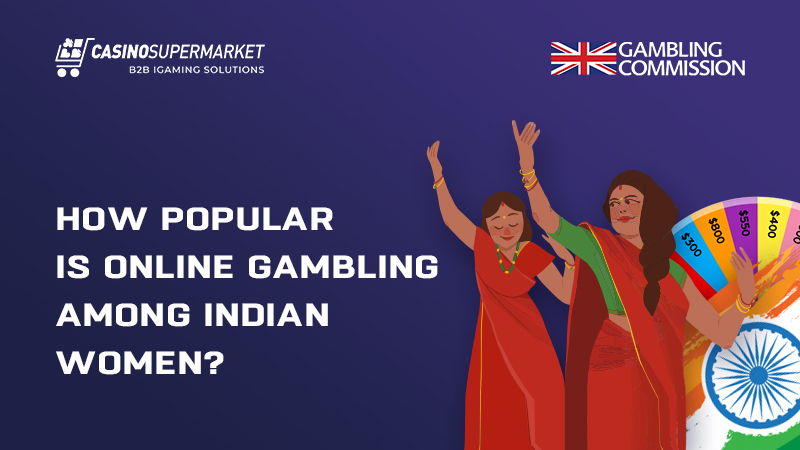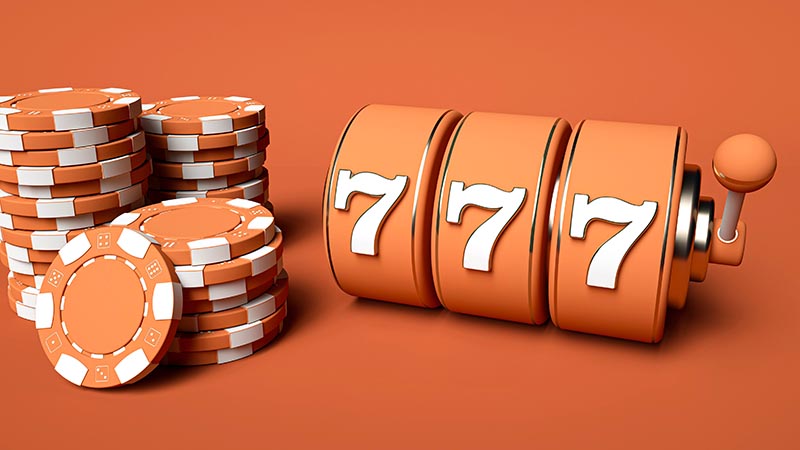
Even though a lot of dedicated sports fans are men, thus leading to this industry being seen as male-dominated, nowadays women are doing everything to break this stereotype.
There has been an increased fascination among female players with online casino games. This tendency is frequently observed in India, where online gambling has been gaining popularity with the introduction of universal internet access.

The Rise in Female Gaming
Women are some of the most active users of internet gambling platforms all around the world. The statistics by UKGC confirm that the female percentage of all the gaming site customers can be rounded up to 40%.
The group has conducted an additional study where women were questioned whether they have played online games, and a whole 44% of the poll participants responded positively. 30% of those admitted to using the spaces in the last 30 days. Many female punters take a strong liking to social gaming, as 19% of the polled women would rather use this way than multiplayer activities.
Casino Opportunities for Women
The establishments try their hardest to capture the attention and interest of their female customers. For instance, a lot of creations are made in coded colours, such as the shades of pink. There is also a strategy to appeal to women by hiring a well-known female celebrity to advertise the games. An example of such practice would be Paris Hilton advocating for casino entertainment.
A common way to get more female clients is to create gender-neutral designs that are welcoming to both sexes. This usually tones down the feeling of the content catering specifically to women, and makes them feel more accepted and included.
Gaming in India: Quick Facts

These days, the Indian market is one of the most promising developing spaces in the world. The revenue from local gamblers has been highly impressive, with 130 million USD being spent on slots by internet users in 2018.
A whopping 525 million people in the country, which is ¼ of all Indians, can access online platforms to bet and play for money. They do it both from their phones and personal computers, although a lot of people prefer gambling from downloadable apps. Indians make up 3% of the total users of such gaming programs worldwide, which leads to the conclusion that the market is quite extensive.
Player Demographics in India
Most of the time, males from the age of 20 to 44 are the core participants of the gambling industry. Usually, they play from the app on their mobile phones and do it for the thrill. The majority of customers reside in the southern part of the country. The cultural peculiarities of India lead to males being prevalent in the gambling sphere.
As for women, there are no precise stats on the number of those who enjoy gambling regularly. Some of the possible explanations may be the prohibition of this activity in some areas, which may discourage female players, or the lack of knowledge about international sites that are perfectly safe to use.
How Many Indian Women Play Casino Games?
Nonetheless, there are still some approximations of how many female players are there in India, based on statistics and assumptions. The industry consists of women for roughly 40%, which means that most likely there would be 20−30% of them on the local market.
There are 525 million people who have access to the Internet, about 1/16 of them play online, which makes 94 million punters. After we detract ¾ from this number, being aware that 25% of all gamers are women, we get about 23.6 million female customers. These numbers are approximate and not official, yet they are close to the truth.
About 3% of the global gambling industry are female, and this is an impressive number of clients. If it continues this way, in the near future, the activity has a chance to become extremely prominent for female internet users and profitable for operators in India.
Have questions or want to order services?
Contact our consultants:
- e-mail: manager@casino-market.com
- feedback form.
Check the information used to contact us carefully. It is necessary for your safety.
Fraudsters can use contacts that look like ours to scam customers. Therefore, we ask you to enter only the addresses that are indicated on our official website.
Be careful! Our team is not responsible for the activities of persons using similar contact details.







